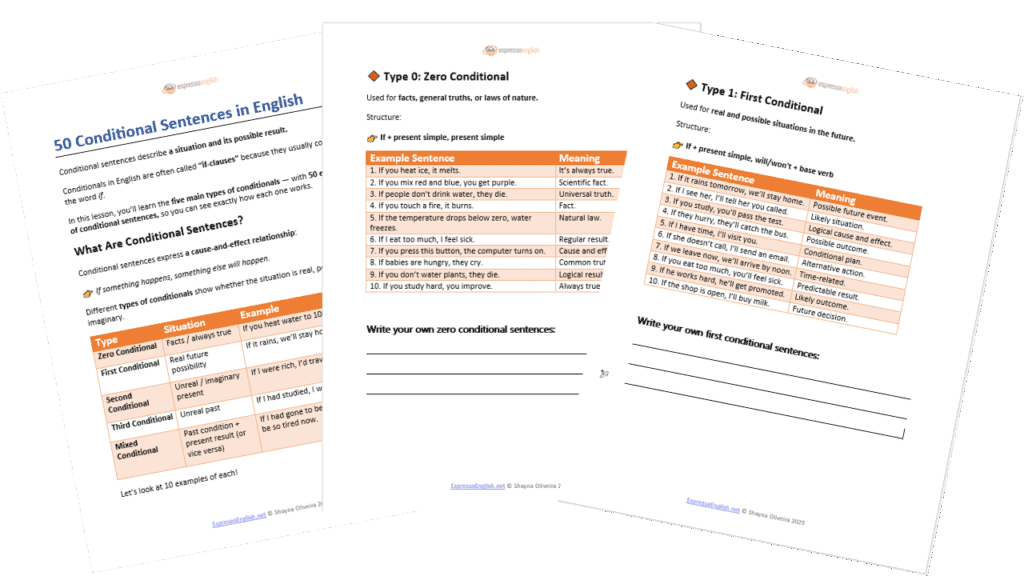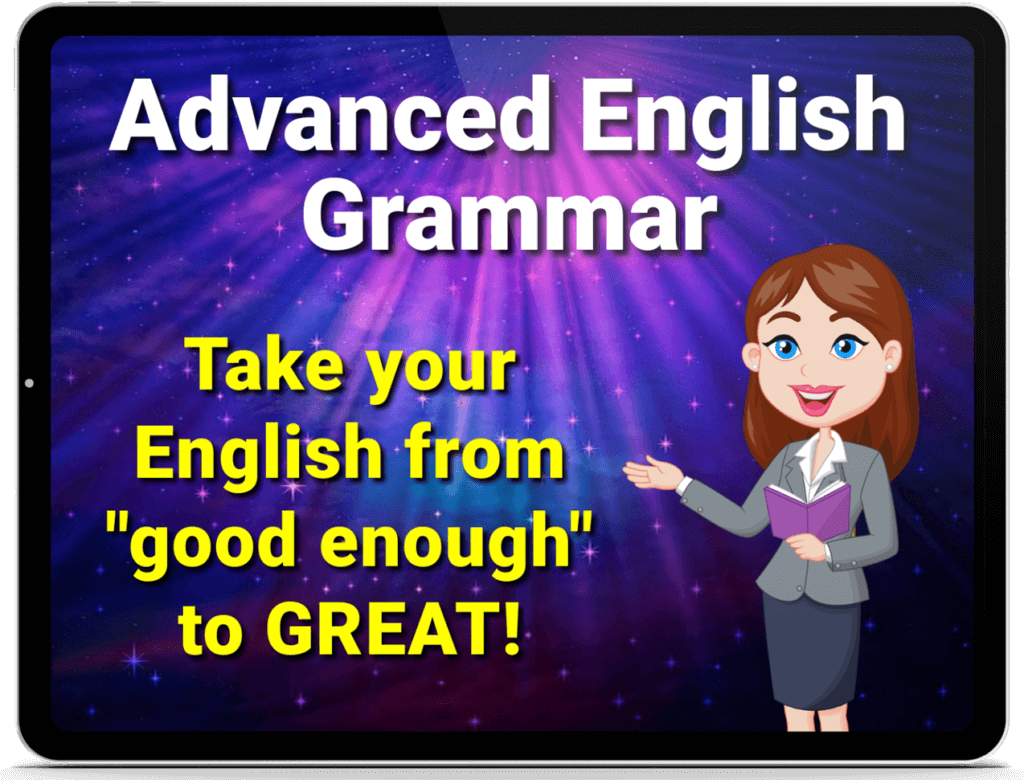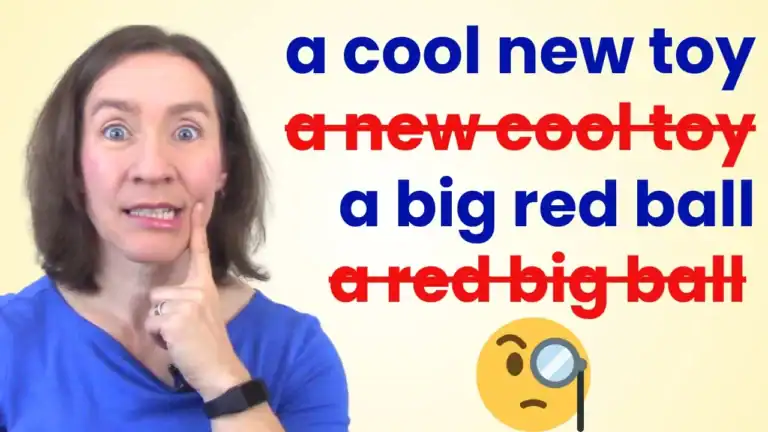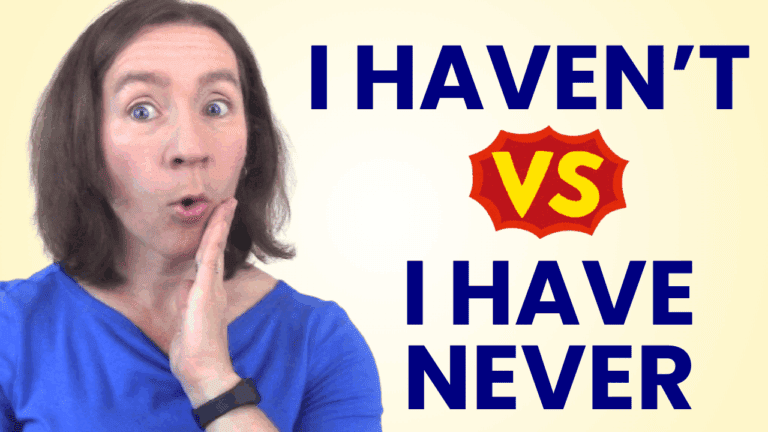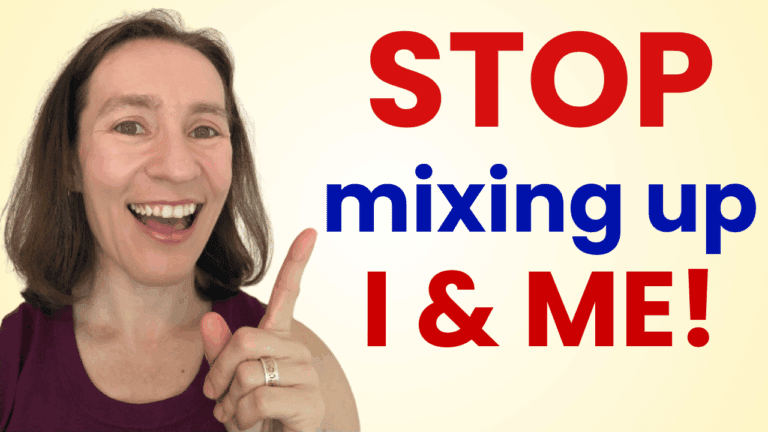
Conditional sentences describe a situation and its possible result.
Conditionals in English are often called “if-clauses” because they usually contain the word if.
In this lesson, you’ll learn the five main types of conditionals — with 50 examples of conditional sentences, so you can see exactly how each one works.
🔹 What Are Conditional Sentences?
Conditional sentences express a cause-and-effect relationship:
👉 If something happens, something else will happen.
Different types of conditionals show whether the situation is real, possible, or imaginary.
| Type | Situation | Example |
|---|---|---|
| Zero Conditional | Facts / always true | If you heat water to 100°C, it boils. |
| First Conditional | Real future possibility | If it rains, we’ll stay home. |
| Second Conditional | Unreal / imaginary present | If I were rich, I’d travel the world. |
| Third Conditional | Unreal past | If I had studied, I would have passed. |
| Mixed Conditional | Past condition + present result (or vice versa) | If I had gone to bed earlier, I wouldn’t be so tired now. |
Let’s look at 10 examples of each!
🔸 Type 0: Zero Conditional
Used for facts, general truths, or laws of nature.
Structure:
👉 If + present simple, present simple
| Example Sentence | Meaning |
|---|---|
| 1. If you heat ice, it melts. | It’s always true. |
| 2. If you mix red and blue, you get purple. | Scientific fact. |
| 3. If people don’t drink water, they die. | Universal truth. |
| 4. If you touch a fire, it burns. | Fact. |
| 5. If the temperature drops below zero, water freezes. | Natural law. |
| 6. If I eat too much, I feel sick. | Regular result. |
| 7. If you press this button, the computer turns on. | Cause and effect. |
| 8. If babies are hungry, they cry. | Common truth. |
| 9. If you don’t water plants, they die. | Logical result. |
| 10. If you study hard, you improve. | Always true. |
🔸 Type 1: First Conditional
Used for real and possible situations in the future.
Structure:
👉 If + present simple, will/won’t + base verb
| Example Sentence | Meaning |
|---|---|
| 1. If it rains tomorrow, we’ll stay home. | Possible future event. |
| 2. If I see her, I’ll tell her you called. | Likely situation. |
| 3. If you study, you’ll pass the test. | Logical cause and effect. |
| 4. If they hurry, they’ll catch the bus. | Possible outcome. |
| 5. If I have time, I’ll visit you. | Conditional plan. |
| 6. If she doesn’t call, I’ll send an email. | Alternative action. |
| 7. If we leave now, we’ll arrive by noon. | Time-related. |
| 8. If you eat too much, you’ll feel sick. | Predictable result. |
| 9. If he works hard, he’ll get promoted. | Likely outcome. |
| 10. If the shop is open, I’ll buy milk. | Future decision. |
🔸 Type 2: Second Conditional
Used for imaginary or unlikely situations in the present or future.
Structure:
👉 If + past simple, would + base verb
| Example Sentence | Meaning |
|---|---|
| 1. If I had a million dollars, I’d buy a house. | Imaginary situation. |
| 2. If I were you, I’d apologize. | Giving advice. |
| 3. If she lived closer, we’d see each other more often. | Hypothetical situation. |
| 4. If it snowed in July, people would be shocked. | Impossible situation. |
| 5. If I didn’t have to work, I’d travel the world. | Imaginary freedom. |
| 6. If he studied harder, he’d get better grades. | Hypothetical improvement. |
| 7. If we won the lottery, we’d move to Spain. | Imaginary future. |
| 8. If she spoke French, she’d get the job. | Unreal condition. |
| 9. If I knew his number, I’d call him. | Lacking present info. |
| 10. If they invited me, I’d go to the party. | Hypothetical action. |
🔸 Type 3: Third Conditional
Used for imaginary situations in the past — things that didn’t happen.
Structure:
👉 If + past perfect, would/could have + past participle
| Example Sentence | Meaning |
|---|---|
| 1. If I had studied harder, I would have passed the exam. | Regret about the past. |
| 2. If they had left earlier, they would have caught the train. | Missed opportunity. |
| 3. If she had known, she would have helped us. | Missed knowledge. |
| 4. If we had seen the sign, we wouldn’t have turned wrong. | Past mistake. |
| 5. If I had met him, I would have remembered. | Unreal event. |
| 6. If it hadn’t rained, we would have gone hiking. | Weather prevented it. |
| 7. If I had saved more money, I could have bought a car. | Missed financial chance. |
| 8. If you had told me, I would have come earlier. | Missed communication. |
| 9. If he had studied medicine, he would have become a doctor. | Unreal past career. |
| 10. If they had prepared, they would have succeeded. | Past cause/effect. |
🔸 Type 4: Mixed Conditionals
Used for situations that combine past and present time frames.
There are two main types:
1️⃣ Past condition → present result
2️⃣ Present condition → past result
| Example Sentence | Meaning |
|---|---|
| 1. If I had gone to bed earlier, I wouldn’t be tired now. | Past condition affects present. |
| 2. If I had studied art, I’d be a designer today. | Past study → present job. |
| 3. If I had married her, I’d be living in Paris now. | Past choice → current result. |
| 4. If I had known you were here, I’d be talking to you. | Missed info → present situation. |
| 5. If I had saved more money, I wouldn’t be broke now. | Past action → present result. |
| 6. If I were more organized, I would have met the deadline. | Present quality → past result. |
| 7. If he were taller, he would have joined the team. | Current trait → past opportunity. |
| 8. If they were more careful, they wouldn’t have broken it. | Present attitude → past mistake. |
| 9. If I didn’t love coffee, I wouldn’t have started Espresso English! ☕ | Present condition → past result (fun example!) |
| 10. If you were more confident, you would have spoken up. | Current personality → past action. |
Summary of Conditionals in English
| Type | Structure | Example |
|---|---|---|
| Zero | If + present → present | If you heat ice, it melts. |
| First | If + present → will + verb | If it rains, we’ll stay home. |
| Second | If + past → would + verb | If I had a car, I’d drive. |
| Third | If + past perfect → would have + past participle | If I had studied, I’d have passed. |
| Mixed | Combination of past + present | If I had slept more, I wouldn’t be tired. |
💬 Practice Conditional Sentences
✅ Write 5 sentences of your own for each conditional type.
✅ Say them aloud or record yourself for speaking practice.
✅ Try changing one part of the sentence to see how the meaning changes!
📘 Learn English Grammar Step by Step
If you found this lesson helpful, you’ll love my Basic & Intermediate Grammar E-Books and Advanced English Grammar Course – they explain every grammar point clearly, so you can use English grammar confidently.
👉 Download your Grammar E-Books for just $1 here
👉 Join the Advanced English Grammar Course here


